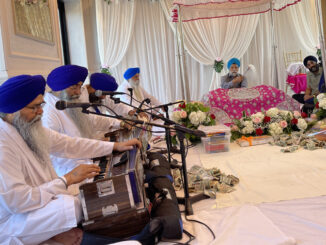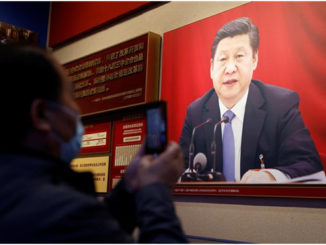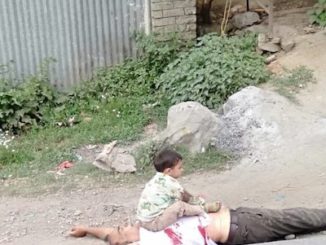
Expresses serious concern over fake news on social media, including web portals and YouTube
NEW DELHI (TIP): Chief Justice of India N.V. Ramana on Thursday, September 2, said certain sections of the media communalized everything and this would ultimately result in giving the country a bad name.
The remark from the CJI came while hearing petitions highlighting how some media outlets aired communal content linking the spread of the coronavirus to a Tablighi Jamaat meet held at Nizamuddin in Delhi.
“The problem is, everything in this country is shown with a communal angle by a section of media. … The country is going to get a bad name ultimately,” Chief Justice Ramana, heading a three-judge Bench, observed orally.
The hearing witnessed Chief Justice Ramana upbraid the lack of accountability on the part of social media platforms. The CJI said social media platforms only responded to “powerful people,” while complaints made by ordinary people, institutions and judges over content were ignored.
“These web channels, Twitter, Facebook, YouTube… They never respond. There is no accountability. About the institution they write badly and then they do not respond… This is the condition of institutions, forget individuals… They consider only people who are powerful. Institutions, common man, judges, they do not… This is the reality,” Chief Justice Ramana noted.
The court asked the government whether there was any regulatory mechanism in place for the web.
Solicitor-General Tushar Mehta drew the court’s attention to the Information Technology (Intermediary Guidelines and Digital Media Ethics Code) Rules, 2021, which provide a redressal mechanism and timely resolution of grievances of users of social media and over-the-top platforms. The Rules require these platforms to appoint a grievance redressal officer who is a resident of India.
The government recently asked the top court to transfer cases challenging the Information Technology Rules of 2021 from the various High Courts to the Supreme Court.
In the case of complaints against broadcasters, Mr. Mehta referred to the Cable Television Networks (Amendment) Rules of 2021. He submitted that the Rules provide for a three-level grievance redressal mechanism — self-regulation by broadcasters, self-regulation by the self-regulating bodies of the broadcasters, and oversight by an Inter-Departmental Committee at the level of the Central government.
“The real contest is between the freedom of the press and the right of citizens to get unadulterated news… We have tried to regulate, balance,” Mr. Mehta submitted.
On September 24, 2019, hearing a petition filed by Facebook, the top court had shown deep concern at the utilization of social media for committing crime. It said the medium had become a source for pornography. Pedophiles use social media in a “big way”. Criminals exploit it to run weapons, drugs and contraband. Hate and violence were shared and spread through these virtual platforms. The court had even felt that some messages on social media may even threaten national sovereignty.
It was in this context the court had called for a “properly framed regime” to allow the government to get information about first originators of messages from “significant” social media intermediaries with end-to-end encryption technology like WhatsApp.
The IT Rules of 2021 mention this order of the Supreme Court as one of the reasons to justify their existence.
(Agencies)





Be the first to comment